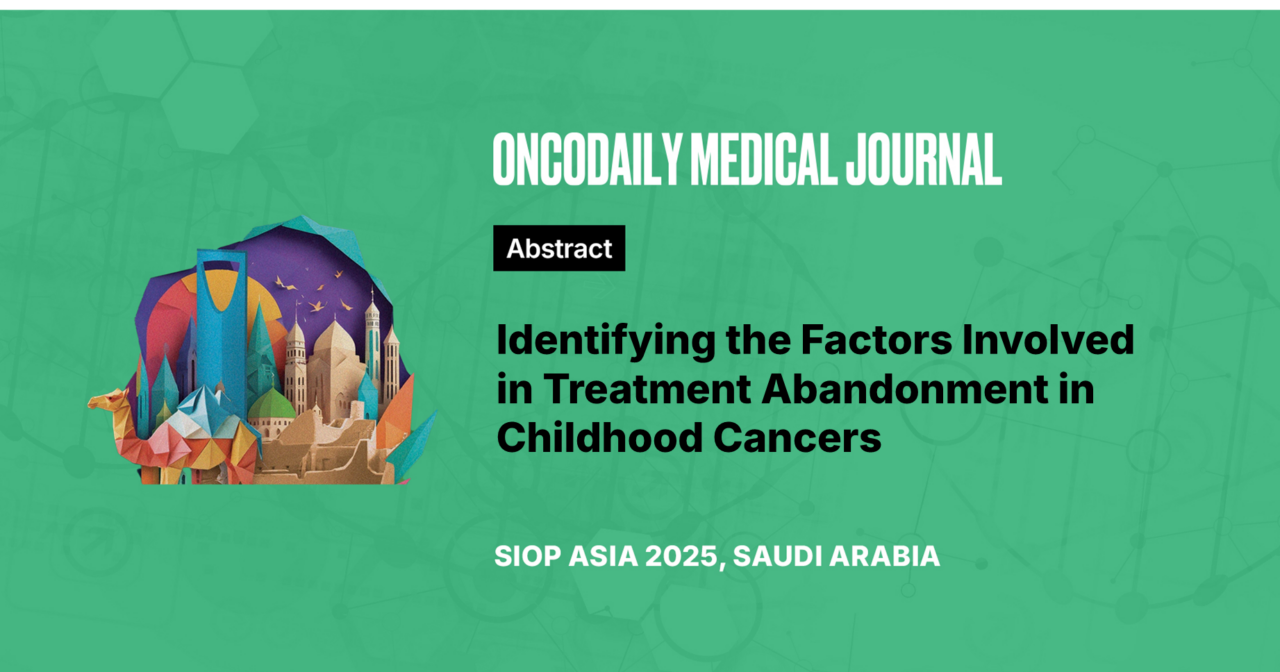Identifying the Factors Involved in Treatment Abandonment in Childhood Cancers
Abstract
Introduction: Despite advances in pediatric cancer treatment, survival rates in low- and middle-income countries (LMICs), such as Pakistan, remain low. Treatment abandonment, driven mainly by socioeconomic barriers and limited access to specialized care, is a leading cause of poor outcomes.
The objective of this study was to identify factors contributing to treatment abandonment among pediatric cancer patients. Study type, settings and duration: This prospective cohort study was conducted at the Pediatric Oncology Department, The Children’s Hospital, PIMS Islamabad from February to July 2024.
Methodology: We included 104 pediatric cancer patients under 14 years and conducted baseline interviews with their parents to assess demographic and treatment-related factors at diagnosis, as well as perceived difficulties and challenges during the treatment process. Follow-up interviews were then conducted to determine reasons for treatment abandonment.
Results: Of 104 pediatric cancer patients, 18 (17.3%) abandoned treatment, while 86 (82.7%) adhered to treatment. Significant risk factors for abandonment were lower maternal education and treatment-related side effects (p < 0.05). Males had higher treatment compliance (61.6%) than females (38.4%). Patients with solid tumors (38.9%) and leukemia (33.3%) were most likely to abandon treatment. Most patients (63.4%) tolerated treatment well, with 66.3% reporting it highly effective. Key challenges included long travel distances (60.6%) and frequent visits (82.7%). Financial problems (61.1%) and geographical barriers (16.7%) were the main reasons for treatment abandonment.
Conclusion: Addressing financial constraints and enhancing access to treatment can reduce treatment abandonment. Comprehensive patient support and intervention strategies are essential for improving treatment adherence and outcomes in pediatric oncology patients in Pakistan.





